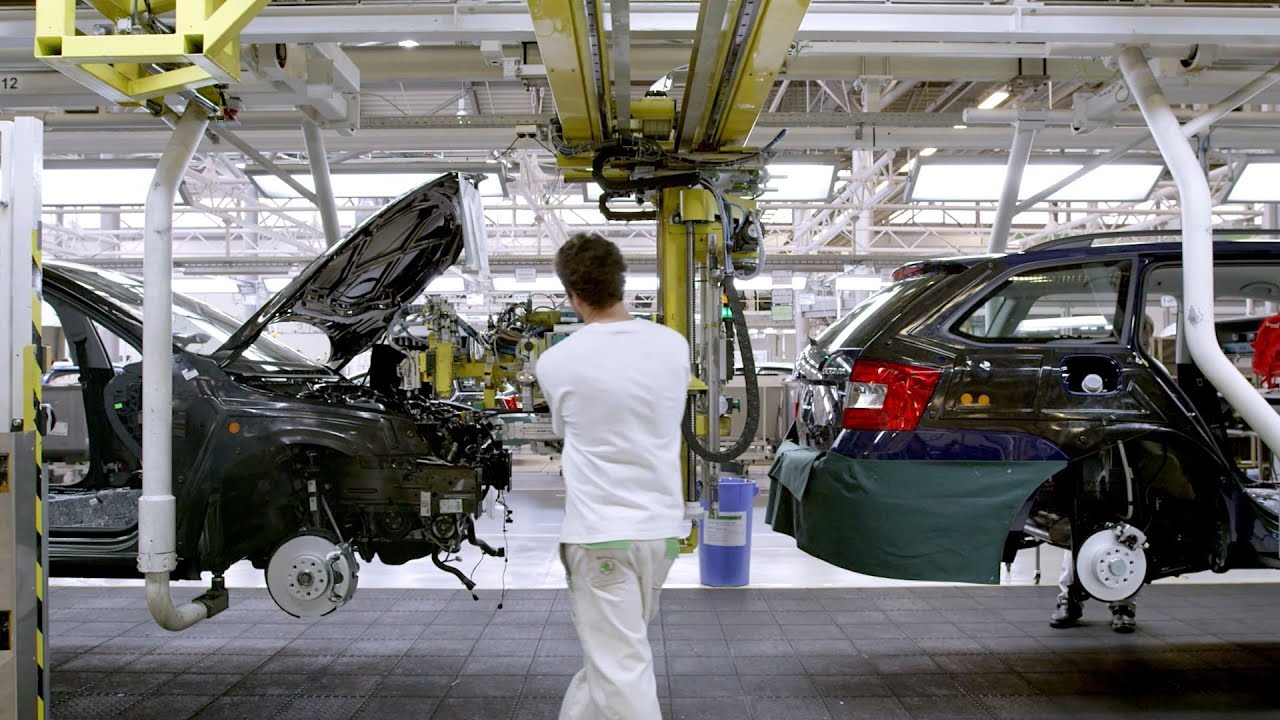Sweden-based steel producer SSAB and the world’s largest automotive safety supplier Autoliv have started a collaboration to research and develop fossil-free steel components for automotive safety products such as airbags and seatbelts, the two companies said in separate statements Nov 15.
“We are initiating a number of pilot projects together with Autoliv with the aim to reduce climate impact and strengthen competitiveness,” said Martin Lindqvist, president and CEO of SSAB.
Mikael Bratt, president and CEO of Autoliv, said the company was committed to becoming carbon neutral in its own operations by 2030 and “furthermore aim for net-zero emissions across our supply chain by 2040.”
“This means reducing our carbon emissions through use of renewable electricity in our own and supplier operations, improving energy and materials efficiency and adopting low carbon logistics and low carbon materials,” he said.
SSAB is one of the frontrunners among steel producers to cut CO2 emissions with the aim of supplying the market with fossil-free steel at a commercial scale in 2026, after a conversion of its Oxelösund blast furnaces into an electric arc furnace and by using HYBRIT technology.
SSAB, LKAB and Vattenfall created HYBRIT – Hydrogen Breakthrough Ironmaking Technology – in 2016, with the goal of developing a technology for fossil-free iron and steelmaking to eliminate CO2 emissions in steel production.
The technology replaces coking coal, traditionally used for iron ore-based steelmaking, with fossil-free electricity and hydrogen.
As reported by Platts, on August, SSAB showcased the first steel made of hydrogen reduced iron.
— Annalisa Villa






